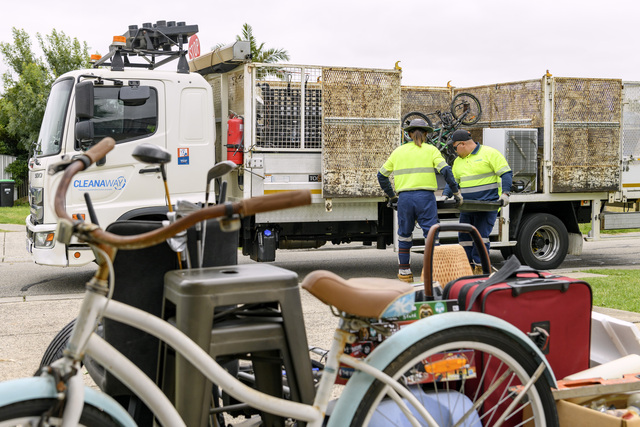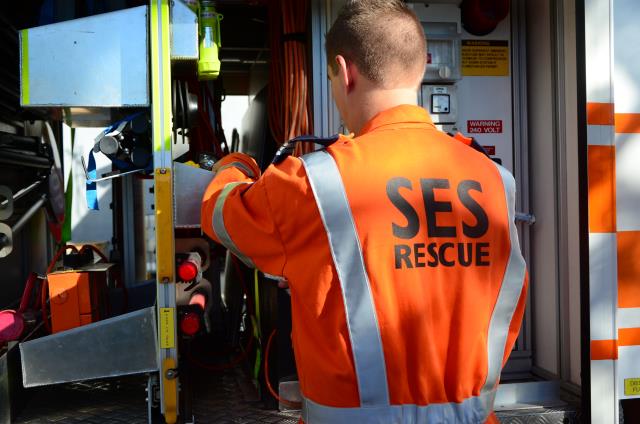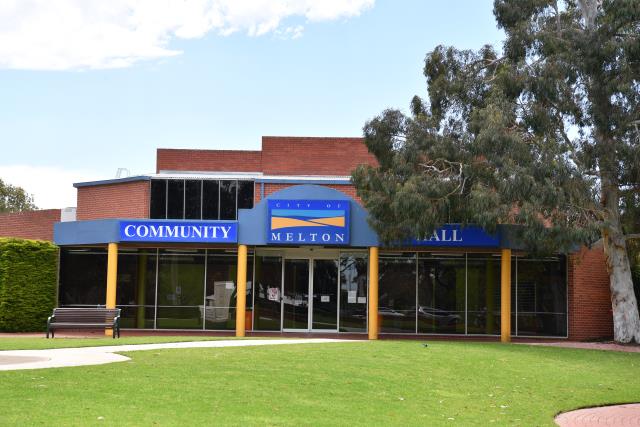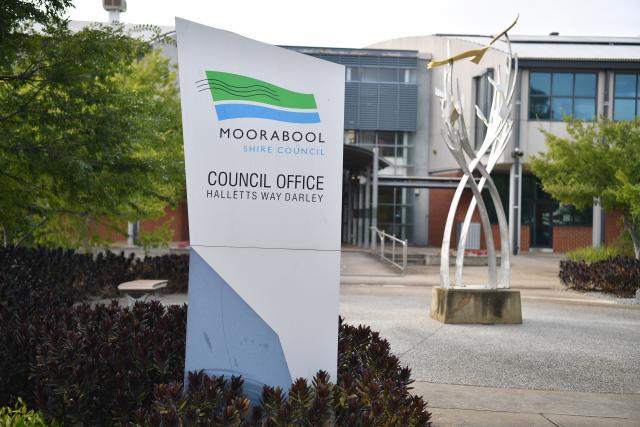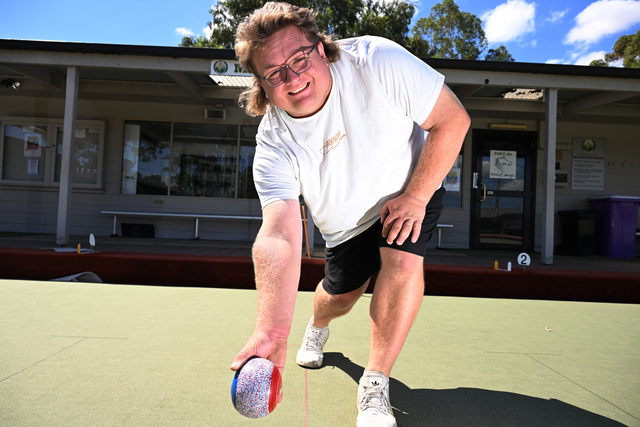Women’s Health West took almost 20,000 calls for help from domestic violence victims and police in the past financial year – a 30 per cent increase on the previous year.
Services were stretched to the limit in May when more than 1200 police referrals came in – almost double the monthly average.
While the reasons for the steep rise are not clear, chief executive Robyn Gregory said it could be the influence of the Royal Commission into Family Violence, which handed down its findings just a few weeks earlier.
Dr Gregory said that prior to the Royal Commission, WHW had an average of 512 referrals, which increased to 700 by the end of last year.
She said that while there had been an upward trend in calls for help for “quite some time”, women who experienced domestic violence in the past had come forward during the Royal Commission hearings.
“Women feel more confident to report family violence knowing authorities will take them seriously,” Dr Gregory said.
“And not only the confidence of women who are being assaulted, but there is also a growing sense of responsibility and accountability in neighbours and bystanders.”
Dr Gregory said it was important for conversations about violence against women to continue following the ending of the Royal Commission.
“People in our community are becoming more aware of family violence and their responsibilities, both in respectful relationships but also speaking up when they see a problem,” she said.
“It would be great to continue a conversation even though the Royal Commission has finished.
“There’s still a long way to go, but I’m hopeful that times will continue to change. I’m maintaining some hope.”
WHW handled 10,580 police referrals in the past financial year, inluding 4582 for one-off phone support, 383 face-to-face appointments, 720 secondary consultations, and 2490 case co-ordinations.
The organisation is trialling a pilot program this year, with a senior receptionist triaging phone calls from women experiencing domestic violence.
Dr Gregory said it allowed women with less complex or urgent needs to get a quicker service, while freeing up the intake staff.






